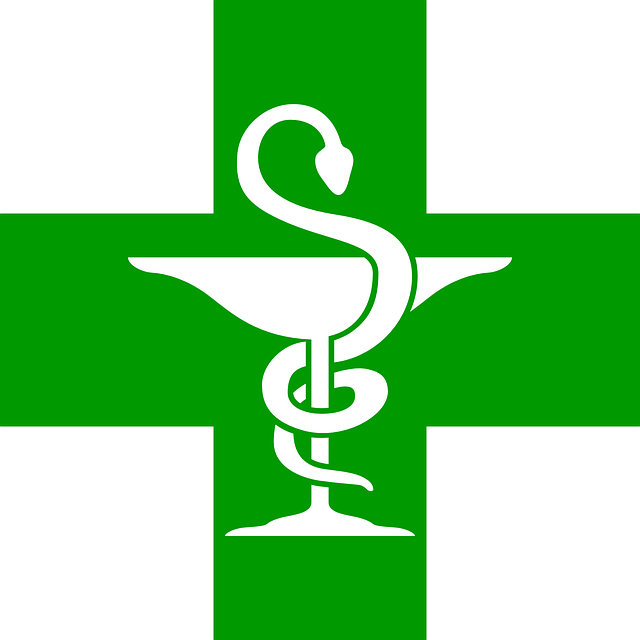Hydroxychloroquine: How It Works, Dosage Guide, and Side Effects
Hydroxychloroquine is a medication that has garnered significant attention, especially during the COVID-19 pandemic. Originally developed to treat malaria, it is also used for autoimmune diseases like lupus and rheumatoid arthritis. Understanding how hydroxychloroquine works, its proper dosage, and potential side effects can help patients and caregivers make informed decisions about its use.

How Hydroxychloroquine Works
This drug functions primarily by interfering with the communication of immune cells, thus reducing inflammation. It inhibits the production of certain substances in the body that lead to inflammation, making it beneficial for those with autoimmune disorders.
In the context of viral infections, hydroxychloroquine has shown some potential by altering the pH of endosomes, which may inhibit the entry of viruses into cells. However, the effectiveness of hydroxychloroquine for COVID-19 remains hotly debated, with various studies yielding inconsistent results.
Dosage Guide
The dosage of hydroxychloroquine can vary based on the condition being treated. Below is a general dosage guide:
| Condition | Typical Dosage |
|---|---|
| Malaria Prophylaxis | 400 mg once a week |
| Malaria Treatment | 800 mg on the first day, followed by 400 mg for the next two days |
| Rheumatoid Arthritis | 200-400 mg daily |
| Lupus | 400-800 mg daily |
Side Effects
Like all medications, hydroxychloroquine can cause side effects. While many people tolerate it well, some may experience:
- Nausea and vomiting
- Diarrhea
- Headaches
- Skin rashes
- Changes in vision (retinopathy)
It’s critical for patients to communicate any side effects to their healthcare provider, especially since some side effects can indicate more serious conditions. Regular eye exams are recommended for those on long-term hydroxychloroquine therapy to monitor for retinal damage.
Understanding the Debate
Despite being a common medication for certain conditions, hydroxychloroquine’s role in treating COVID-19 remains controversial. Some studies have suggested it might reduce viral load, while others have shown minimal or no benefits. The World Health Organization and the FDA have both cautioned against the use of hydroxychloroquine for COVID-19 outside of clinical trials, highlighting the need for more research.
Additional Resources
For those interested in a deeper dive into hydroxychloroquine and its implications, check out this informative video:
In summary, while hydroxychloroquine has proven benefits for certain conditions, its use in viral infections remains a complex issue. Always consult with a healthcare provider before starting or stopping any medication, and stay informed about new research developments.
Further Reading
For more detailed information, consider the following resources:
- National Institutes of Health
- CDC – Hydroxychloroquine Information
- WHO – Hydroxychloroquine and COVID-19
